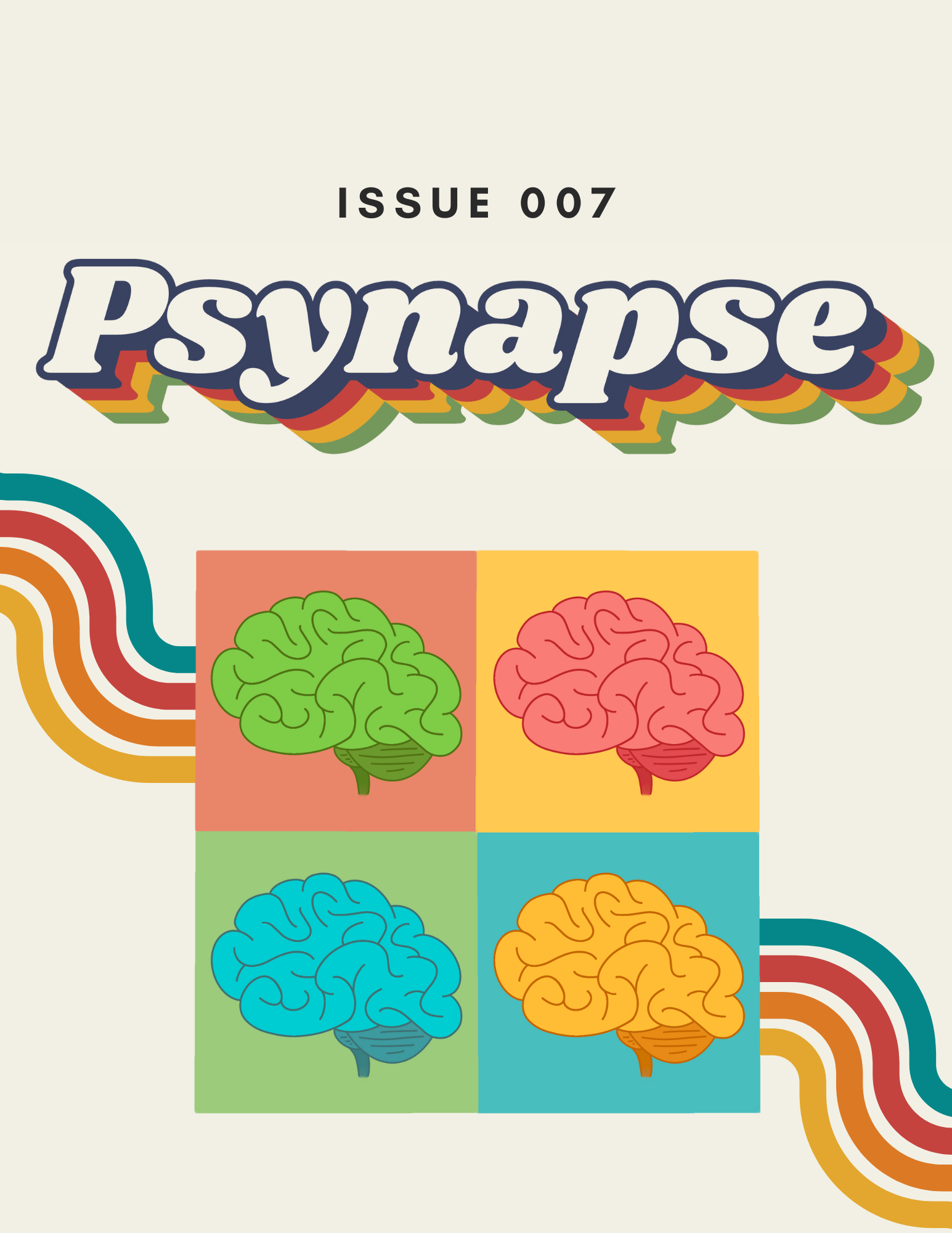Healthy body, healthy mind
How Exercise, Diets and Socialization Slow the Progression of Alzheimer's Disease
Abstract
Alzheimer’s Disease (AD) is the most common form of dementia, a condition of the brain projected to affect up to 75 million people worldwide by 2030. Being a neurodegenerative disease, AD affects many parts of the nervous system, including the hippocampus, a brain region responsible for memory (National Institute on Aging, 2017). The symptoms of AD include memory loss, cognitive deficits, issues with reading and writing, recognition, personality, and spatial awareness (MacGill M, 2020). Unfortunately, doctors cannot officially diagnose AD until death and examination of the brain, so they can only hypothesize its causes. Without a clear cause for the disease, effective treatments and interventions do not yet exist. As a result, the aging population worldwide will experience poor quality of life and early mortality. Fortunately, various researchers from different fields in the life sciences are approaching this challenge. Research from physiology, nutrition, and sociology suggests that healthy lifestyles are the key to treating AD.


